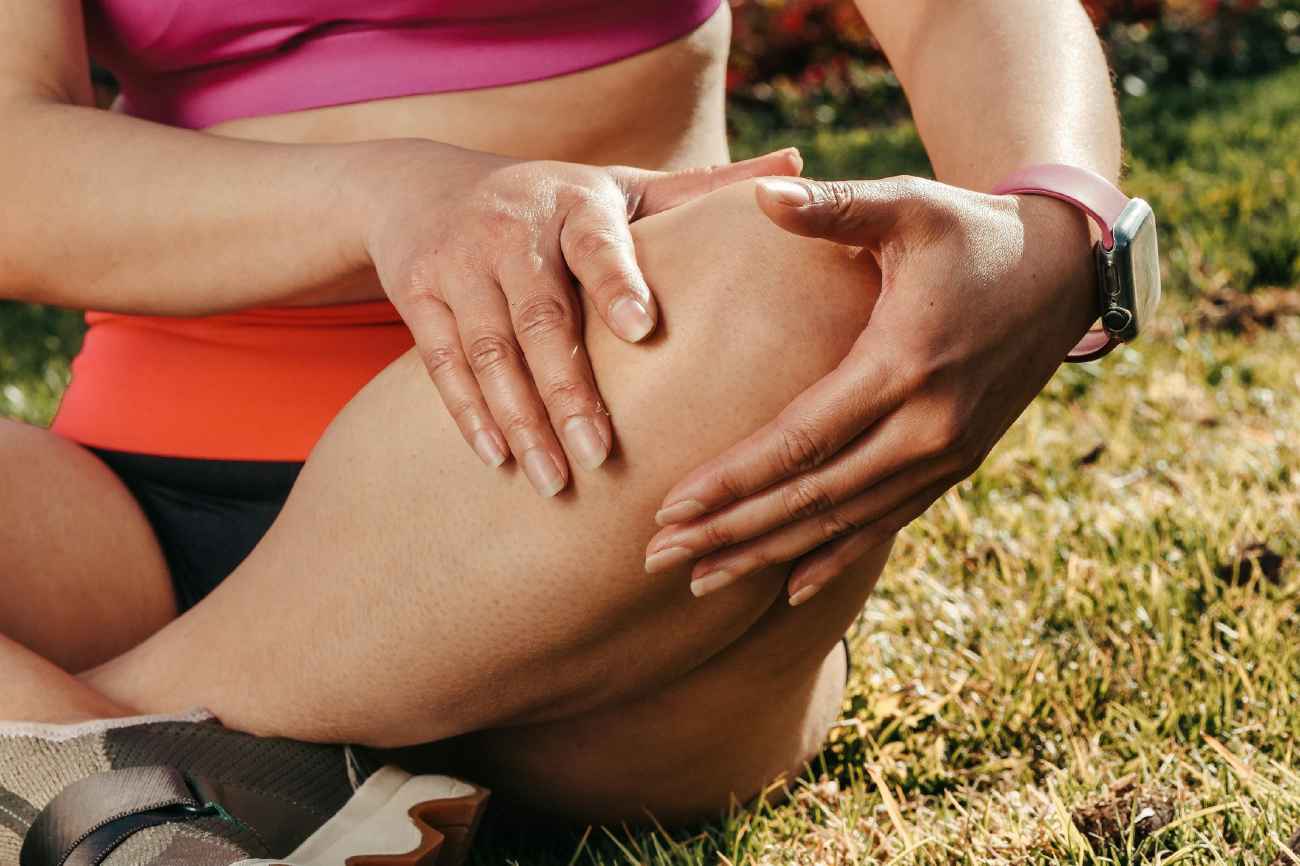7 Effective Non-Surgical Treatments for Knee Pain Relief

Knee pain is a common issue that affects people of all ages, often due to injury, aging, or medical conditions such as arthritis. While surgery is sometimes necessary, many people experience significant relief through non-surgical treatments. These approaches focus on improving mobility, reducing inflammation, and alleviating discomfort. If you're dealing with knee pain, exploring effective non-surgical treatments can provide a sustainable way to manage symptoms and improve your quality of life without invasive procedures.
-
Acupuncture
Acupuncture is a traditional Chinese medicine technique that involves inserting fine needles into specific points on the body. Studies have shown that acupuncture can help relieve knee pain by stimulating the body's natural pain-relief mechanisms. It may reduce inflammation, improve blood circulation, and promote healing in the knee joint. Many people find that acupuncture provides significant relief, especially for chronic knee pain related to conditions like osteoarthritis.
-
Aquatic Therapy
Aquatic therapy involves exercises in water, which provides buoyancy and reduces the stress on the knee joint. The water's resistance helps strengthen muscles while minimizing the risk of further injury. This therapy is beneficial for individuals with severe knee pain or limited mobility. It offers a low-impact environment for better movement and flexibility without the strain of weight-bearing exercises.
-
Tai Chi and Yoga
Tai Chi and Yoga offer low-impact exercises that improve flexibility, strength, and balance. These practices help alleviate knee pain by strengthening the muscles around the knee, improving posture, and increasing joint mobility. With its slow and controlled movements, Tai Chi promotes relaxation and reduces stress, while Yoga emphasizes stretching and flexibility. Regular practice of either activity can significantly improve knee function and reduce pain, making them excellent options for long-term knee care.
-
Lifestyle Modifications
Making small daily habit changes, like maintaining a healthy weight to reduce strain, can significantly improve knee health. Regular low-impact exercises, such as walking or cycling, can help improve knee function without causing further damage. Additionally, practicing proper posture and avoiding activities that exacerbate knee pain, such as high-impact sports, can prevent further strain. These lifestyle modifications help manage and reduce knee pain in the long term.
-
Physical Therapy
Physical therapy involves specific exercises and stretches designed to strengthen the muscles surrounding the knee joint, improve flexibility, and restore function. A physical therapist can create a personalized rehabilitation plan to address the root cause of the pain. Strengthening the quadriceps and hamstrings can take pressure off the knee, reduce discomfort, and prevent further injury. Over time, physical therapy can significantly enhance mobility and alleviate knee pain.
-
Heat and Cold Therapy
Heat and cold therapy are simple yet effective methods for managing knee pain. Cold therapy, such as ice packs, can reduce inflammation and numb the area to relieve pain, particularly after activity. Heat therapy, such as heating pads or warm baths, helps relax stiff muscles and improve blood flow, which can ease chronic pain. Alternating between hot and cold treatments can be beneficial for managing swelling and discomfort.
-
Knee Braces and Orthotics
Knee braces and orthotics can provide excellent support and stability, especially for individuals with knee instability or arthritis. Knee braces help protect the joint and prevent excessive movement that may lead to further injury. They can also reduce pain by redistributing weight away from the affected areas. Orthotic inserts in shoes can improve alignment and reduce pressure on the knee joint, offering additional comfort for those with structural issues.
In conclusion, incorporating these 7 effective non-surgical treatments into your routine can help manage knee pain and improve overall joint health. However, it is essential to consult with a healthcare professional before starting any new treatment plan, especially if you have underlying medical conditions or are pregnant. With the right combination of therapies and proper self-care, you can find relief from knee pain and maintain strong, healthy joints for years.
